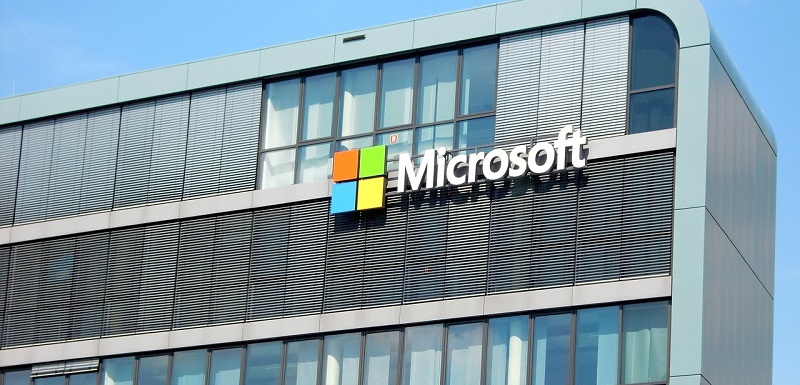In today’s digital landscape, securing credentials is of utmost importance, especially in cloud-based platforms like Azure DevOps. Leaked credentials can pose serious risks, allowing criminals unauthorized access to organizations’ sensitive data, compromising infrastructure, launching supply chain attacks, and jeopardizing the integrity of source code. Recognizing these threats, Microsoft has introduced robust measures to address these concerns and enhance security within Azure DevOps.
Leaked credentials and potential risks
Leaked credentials, such as Personal Access Tokens (PATs), have become attractive targets for cybercriminals seeking to exploit vulnerabilities in Azure DevOps. By acquiring these credentials, criminals can gain unauthorized access to organizations’ Azure DevOps accounts, infiltrating their systems, and causing significant damage. The potential consequences include unauthorized access to source code, manipulation of pipelines, and even compromising the organization’s entire infrastructure.
Developer concerns about Storing Secrets
Developers have long been wary of storing sensitive information like passwords and certificates in Azure DevOps, as these secrets become vulnerable to theft when service connections are updated. This apprehension stems from the risk of exposing critical credentials during the process of managing and maintaining service connections, potentially leading to unauthorized access by malicious actors.
OpenID Connect Protocol for Workload Identity Federation
To address these concerns, Azure is leveraging the OpenID Connect protocol to support workload identity federation. By creating service connections in Azure Pipelines that do not access secrets, Microsoft ensures that credentials remain securely stored within managed identities with federated credentials in Azure AD. This implementation significantly mitigates the risk of credential theft and unauthorized access.
Granular Scopes and Limiting OAuth Applications
Microsoft is actively addressing the need for granular scopes within Azure AD OAuth applications. These scopes allow organizations to define and restrict the operations that Azure DevOps can perform, granting specific access rights based on user roles, privileges, or project requirements. By implementing these limitations, organizations can closely control and monitor actions such as viewing source code or configuring pipelines, thereby enhancing security and minimizing potential risks.
Integration with Managed Identities and Service Principals
In a move to provide an advanced level of security, Microsoft plans to enable applications to use managed identities and service principals when integrating with Azure DevOps through REST APIs and client libraries. This welcome addition ensures a more secure alternative to Personal Access Tokens, giving organizations greater control over access privileges and reducing the risk of unauthorized use.
Benefits of Managed Identities
Managed Identities offer significant advantages to applications running on Azure resources, enabling them to obtain Azure AD tokens without managing any credentials. This unique feature eliminates the need for organizations to handle and safeguard sensitive credentials, reducing the risk of inadvertent leaks or malicious exploitation. Moreover, Managed Identities streamline the authentication process and simplify access management, enhancing security and convenience in Azure DevOps environments.
Name Change and Rollout of Entra
Notably, Microsoft has undergone a name change from Azure AD to Entra, signaling its commitment to security and further aligning its branding with its comprehensive security offerings. Additionally, Microsoft has introduced Entra Internet Access and Entra Private Access as their first Software-Defined Secure Edge (SSE) offerings, showcasing their dedication to providing secure, scalable, and reliable solutions for cloud-based environments.
Microsoft’s Market Impact
As a tech industry leader, Microsoft’s initiatives carry immense influence, evident from the significant market impact they have generated. Following the announcement of their enhanced security measures, we witnessed a notable drop in share prices of prominent security providers such as Cloudflare, Palo Alto, and Zscaler. This trend exemplifies how Microsoft’s advancements in security solutions resonate strongly with industry stakeholders, solidifying their position as a frontrunner in the market.
In an era where cyber threats continue to evolve, securing credentials becomes paramount. Microsoft’s proactive measures in Azure DevOps, including safe workload identity federation, granular scopes, and integration with managed identities, demonstrate their commitment to bolstering security for organizations utilizing the platform. With the introduction of Entra Internet Access and Entra Private Access, Microsoft continues to lead the way in providing comprehensive Software-Defined Secure Edge (SSE) solutions. By prioritizing security and offering more secure alternatives, Microsoft empowers organizations to protect their valuable assets, maintain data integrity, and build a trusted foundation for their cloud-based operations in Azure DevOps.

